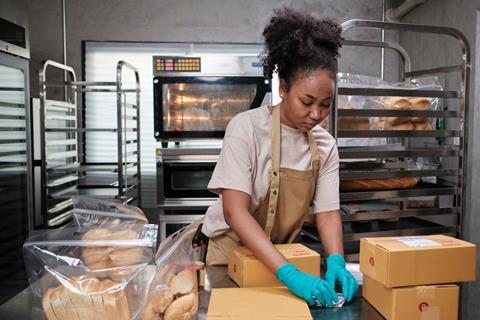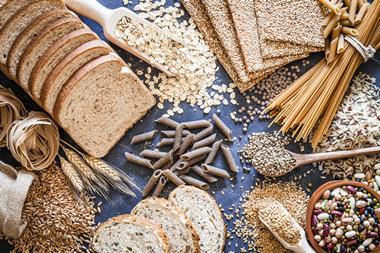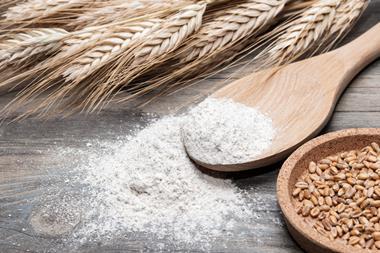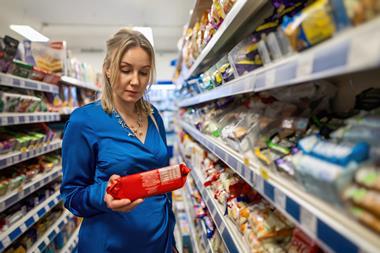
The European trade body for the bakery sector has welcomed the adoption of new EU packaging regulations, noting that British baking imports will need to abide by them too.
In its newly published vision paper, the Federation of European Manufacturers and Suppliers of Ingredients to the Bakery, Confectionery, and Patisserie Industries (Fedima) discussed the recent developments of the Packaging and Packaging Waste Regulation (PPWR). This was formally adopted by the European Council on 16 December, with provisions to come into effect in 18 months’ time.
Fedima’s membership covers 13 different nations across the continent including the Association of Bakery Ingredient Manufacturers (ABIM) in the UK. It highlighted that while the PPWR will apply to EU members only, all products – and packaging – circulating in the Union’s internal market will have to adhere to the regulation, thus British exports need to respect the provisions too.
Among the targets defined in the PPWR are minimum recycled content thresholds. These range from 10% for contact-sensitive packaging comprised of non-PET plastic by 2030, up to 65% for single-use plastic bottles by 2040. In addition, on-pack labelling, marking, and information must provide consumers with the amount of recycled content in a pack, its material make-up, and other sustainability-related information.
Fedima stated that it remained steadfast in its commitment to fostering a sustainable and innovative bakery industry, and pointed out that its members are operating halfway along the supply chain at the crossroads between production and consumption of bread and patisserie. This means they are well placed to support balanced legislation, working towards achieving the United Nations’ Sustainable Development Goals and safeguarding consumers’ well-being, it added.
The vision paper entitled ‘Towards Sustainable Packaging in the Bakery Industry’, which can be read here, outlines Fedima’s commitment to and recommendations for certain PPWR requirements including on food contact materials, recyclable packaging, labelling, re-use targets, prevention of packaging waste, and return and collection systems. “We particularly appreciate the decision to include our input on the safeguard of food safety in Articles 26 and 27 of the Regulation,” commented the trade association.
While recognising the “essential value of circularity in packaging”, Fedima said it emphasised that food safety and hygiene standards must remain a top priority. “A balanced approach that considers B2B realities, food and consumer safety, and infrastructure development is critical to achieving the regulation’s ambitious goals,” it added.
Fedima also gave points on how it supports the transition to a circular economy at EU level, including by:
- Advocating for increased availability of waste collection, sorting, and recycling infrastructure at local level, alongside greater investment in collection and recycling systems
- Encouraging its members to adopt packaging reduction measures and achieve recyclability targets
- Helping its members in tracking their progress toward achieving environmentally sustainable packaging.
More information on the PPWR can be found here.
































No comments yet